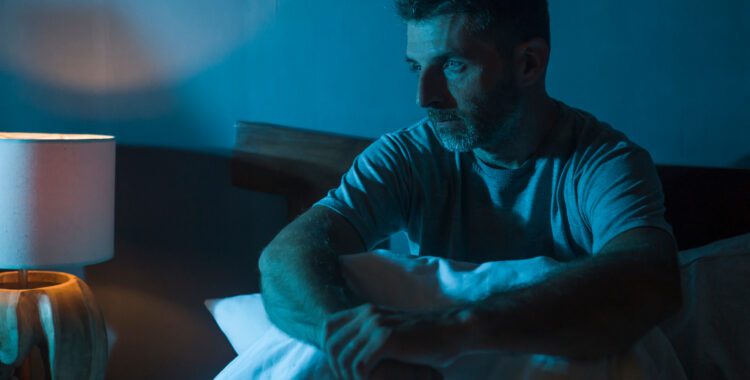Sexsomnia in Court
Recently at the Marshall Defense Firm we had a sexsomnia case. We’d never had one before and had never had occasion to learn about sexsomnia, a sleep disorder. Learning about it fascinated us. It also led to our client’s acquittal on a charge of molesting his daughter.
The Basics of Parasomnias and Sexsomnia
Sexsomnia is a kind of parasomnia. Parasomnias are abnormal behaviors that people experience while sleeping, or while falling asleep or waking up. Sleepwalking and sleep apnea are among the best known. Children’s “night terrors” and bed-wetting are also parasomnias.
Sleep medicine experts have learned that persons may perform remarkably complex actions while asleep. There is at least one known case of a person driving a car while asleep.
Sexsomnia is recognized as a disorder by the Diagnostic and Statistical Manual of Mental Disorders (DSM-5) and the International Classification of Sleep Disorders (ICSD-3).
In an episode of sexsomnia, a sleeping person performs sexual acts such as masturbation, sexual movements, fondling, intercourse, or merely making sexual noises. The person’s eyes may be open, and they may be making sounds, but they are unaware of their actions and will probably not remember the event when they wake up.
Sexsomnia is surprisingly common. Around 8% of people studied at a sleep clinic reported showing signs of sexsomnia. Men are about three times as likely as women to suffer from it. It is also more common among patients who report they regularly use drugs. Alcohol also can contribute to sexsomnia.
Sexsomnia is often found in persons with a history of other parasomnias, such as sleepwalking. Its sufferers often come from a family in which other members have parasomnias.
Sexsomnia is often found in persons whose sleep is badly fragmented. Thus sleep apnea predisposes persons to it. Drinking alcohol, because it fragments sleep, can play a role, too. Even simple sleep deprivation has been linked to it.
Sexsomnia as a Defense in a Sex Case
In Washington, as our recent case demonstrates, a person accused of a sex crime is innocent if they committed the charged acts in their sleep—if they did so during an episode of sexsomnia.
There have been several Washington appellate cases in the past 20 years about whether sexsomnia is an affirmative defense. The answer seems to be that it is an affirmative defense only if the charged crime is a strict liability crime.
To say that a defense is an affirmative defense is to say that the defense must prove it. The normal rule is that the prosecution must prove every element of a crime beyond a reasonable doubt. An affirmative defense, though, must be proved by the defense, by a preponderance of the evidence (that is, proof that it is more likely true than not).
One of the elements of most crimes is a culpable mental state. In Washington, child molestation is a touching for the purpose of gratifying sexual desire. Without that purpose in mind, no one can commit child molestation. A person who acts in their sleep cannot be said to act with a purpose. Thus it is the prosecution’s burden, in a child molestation case, to disprove a claim of sexsomia.
Rape of a child is, in Washington law, one of the rare crimes that requires no mental state. Any penetration of a child’s vagina or anus, other than by a medical care provider for medical purposes, completes the crime, regardless of the actor’s mental state. But if the actor was in a state of sexsomnia, they acted without volition, that is, without any exercise of their will. Washington law recognizes lack of volition as an affirmative defense.
Thus whether sexsomnia is an affirmative defense in a Washington child sex abuse case depends on the crime charged; for child molestation, no, for child rape, yes, it is an affirmative defense.
What This Means for You
Not many sex crime defendants can assert sexsomnia. In most cases the facts don’t support it. In our recent case, it wasn’t simply that the incident occurred in the middle of the night, after our client had gone to sleep. He also had undergone a sleep study that showed badly fragmented sleep; he had a strong family history of parasomnias; and we had reports from his adult sex partners of apparent sexsomnia behavior with them. We tied it all together in the testimony of a sleep medicine physician who had examined our client.
So a sexsomnia defense probably isn’t in the cards for you. But we at the Marshall Defense Firm want to bring to your case the resourcefulness and determination that served our sexsomnia client so well. We’d like to provide you the thorough investigation, the firm and unwavering advocacy, and the compassion we provide all of our clients.
If you or a family member is accused of sexual misconduct, contact us at 206.826.1400 or solutions@marshalldefense.com for an appointment.





